Introduction to the Marketing system
An insurance company requires a lot of customers to become successful. The basic earning of insurance companies holds on the premiums paid by the insured parties. In this concept, the insured person or organization receives financial protection and reimbursement of damages for uncertain future events from the insurer or insurance company. Meanwhile, the insured or the policyholder pay a smaller premium to the insurer in exchange for that protection on an uncertain future occurrence. An insurance company must have an effective marketing system to sell its policies and survive as a going concern.
In the insurance industry, the “marketing system” is a method that is used by insurance companies to inform potential buyers about the various contracts and policies that are available. There are mainly following types of marketing systems used by insurers:
- The independent agency system
- The exclusive agency system
- The direct mail system
- Bancassurance
Most of insurance companies do marketing of their contracts under one of these marketing systems. The role of the brokers in the marketing system will also be discussed at the end of this blog.
-
Independent agency system
An independent agent is a person who enters into agency agreements with more than one insurer. This agreement provides the agent with ownership of the business written by the agent. This ownership allows the agent to place the insurance with any insurance company he/she represents. The independent agent can also transfer the insurance from one insurance company to another if he/she or the insured becomes dissatisfied with the insurance company. The agent is also able to transfer the insurance if the insurer is unhappy with the insured. The independent agent generally receives a higher rate of commission than the exclusive agent, but the agent must finance his/her own agency. The cost of office space, secretarial help to prepare contracts and send out renewal notices will be paid by the agent.
-
Exclusive agency system
An exclusive agent is a person who enters an agency agreement to represent only one insurance company or a group of insurers who have common ownership. This agreement generally prohibits the agent from representing any other insurer and gives ownership of the business to the insurance company under which the agent works. If the agent wants to leave the insurance company to work for another insurer, the book of business is kept by the insurance company and given to another agent for service. The exclusive agent cannot give the insured a choice among insurers. Technically, exclusive agents are not employees of any insurance company, but independent contractors paid a commission for contracts written. The insurance company provides services to their exclusive agents, such as providing office space, clerical support, preparing the contracts, sending out renewal premium notices and handling most, if not all, claims.
NOTE: The Insurance Code makes no distinction between an independent agent and an exclusive agent when a license is being issued to a person. The authority granted under the agent’s license is the same in either case, but the agency contract entered into by the agent with an insurer will determine whether the agent is independent or exclusive.
-
Direct response system
The direct response or mail system does not depend on any agent. In this system, the insurance companies market their contracts and policies from the home office. The insurance companies offer their contracts to the public through direct mail campaigns, newspaper, and magazine advertising. The individual who is interested in these contracts normally will write for information, which the insurer returns with an application to be filled out and returned. Till now, this system accounts for a very small percentage of insurance marketing.
-
Bancassurance
Bancassurance is an arrangement in which an insurance company and a bank form a partnership so that the insurance company can offer its insurance services to the bank’s customers. This partnership arrangement is profitable for both(the bank and insurance company). Banks also can earn additional revenue by selling insurance products of the insurance company. Using this form of partnership, insurance companies expand their customer base without increasing their sales force or paying agents.
One other method of marketing that should be mentioned is the broker. The broker is the representative of the insured who, in effect, does the insured’s insurance shopping. Brokers have no agency contracts with any insurance company, but place business with those admitted insurance companies which accept the offer by the broker.
A person may be licensed as both an agent and a broker. When a person is licensed as an insurance agent and broker, that person is required to act as an agent for those companies for which that person is appointed as an agent. He or she may act as a broker only with those insurance companies for which that person is not appointed as their agent.

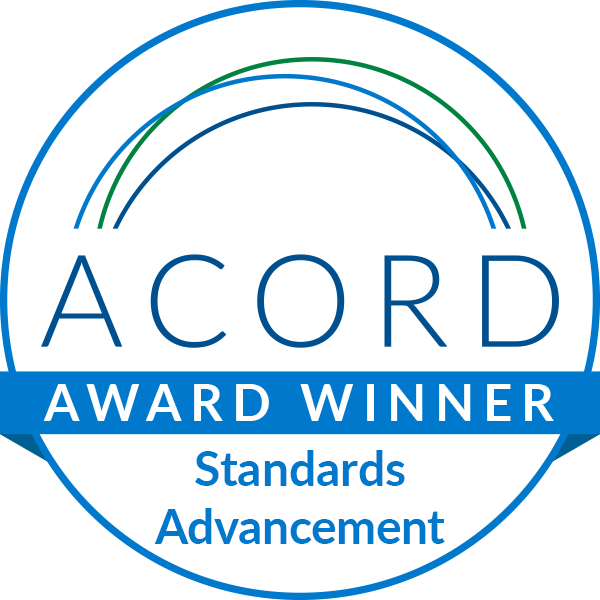

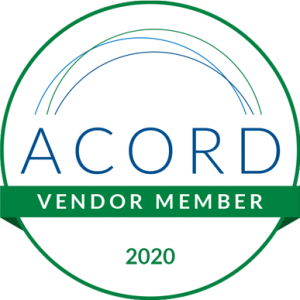
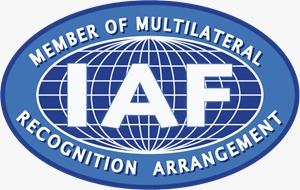
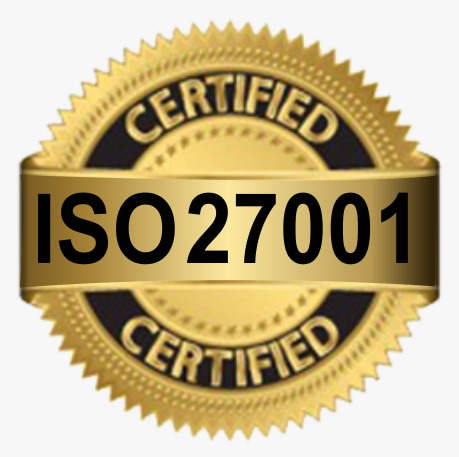
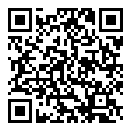
Leave A Comment